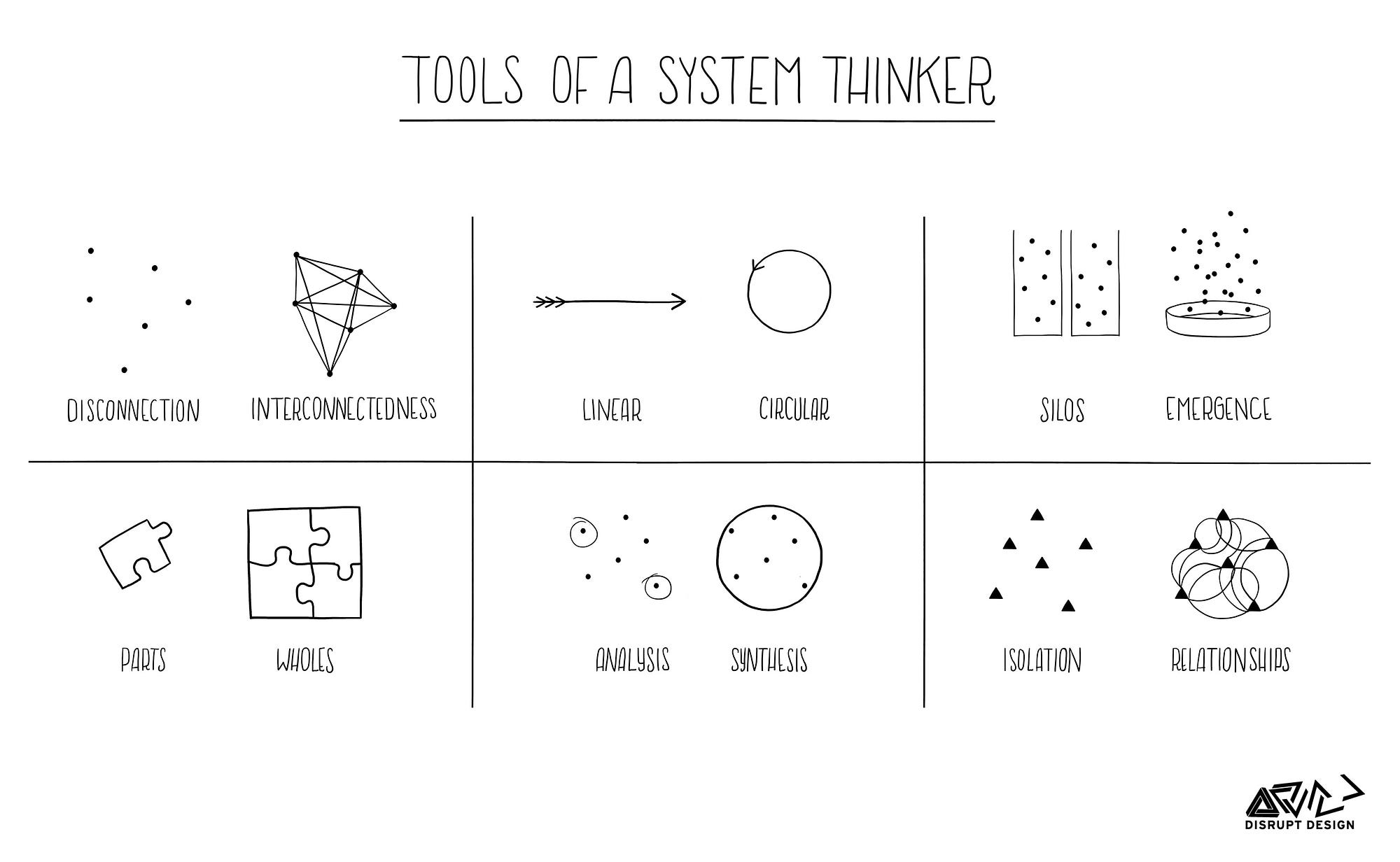A complex adaptive system is a self-organizing, self-healing, living system such as the brain, cells, ant colonies, the biosphere, the stock market and Internet communities. The term "complex adaptive system" comes from complexity sciences, which draws on evolutionary science, chemistry, biology and related fields to identify fundamental principles of self-organization.
Much of the pioneering work in c0mplexity sciences has emerged from the Santa Fe Institute, a theoretical research institute that blends elements of physics, biology, chemistry, economics, mathematics and the social sciences. Among the leading pioneers of this field are the Nobel laureate physicist Murray Gell-Mann, psychologist and electrical engineer John Holland, economist Brian Arthur, and theoretical biologist Stuart Kauffman.
Complexity science has become a new framework for many disciplines in emancipating themselves from the cause-and-effect Newtonian worldview, and grappling with probability and uncertainty with greater ontological realism.
The idea of complex adaptive systems is important to the commons because it helps explain how the free interplay of adaptive agents following simple principles operating at the local level, with no big-picture knowledge or teleological goals at the outset, can self-organize themselves into larger, more complex systems. Instead of presuming that an a priori, comprehensive design system is possible and can yield the best outcomes, complexity theory takes its cues from bio-physical evolution. It asserts that the best results will arise if intelligent, living agents are allows to evolve over time toward optimum outcomes in suitable environments.
# Features
# Quotes
# Sources Stephen Johnson, Emergence: The Connected lives of Ants, Brains, Cities and Software (2001). M. Mitchell Waldrop, Complexity: The Emerging Science at the Edge of Order and Chaos (1992). Eric D. Beinhocker, The Origin of Wealth: Evolution, Complexity and the Radical Remaking of Economics (2006). Some text from above is taken from Burns H. Weston and David Bollier, Green Governance: Ecological Survival, Human Rights and the Law of the Commons (Cambridge University Press, 2013), pp. 112-117.
# See also Complex Social Structures
POST http://image-transporter.apps.allmende.io/image
